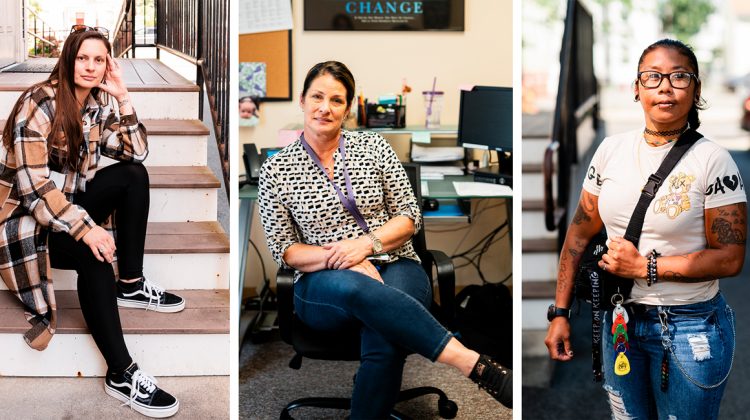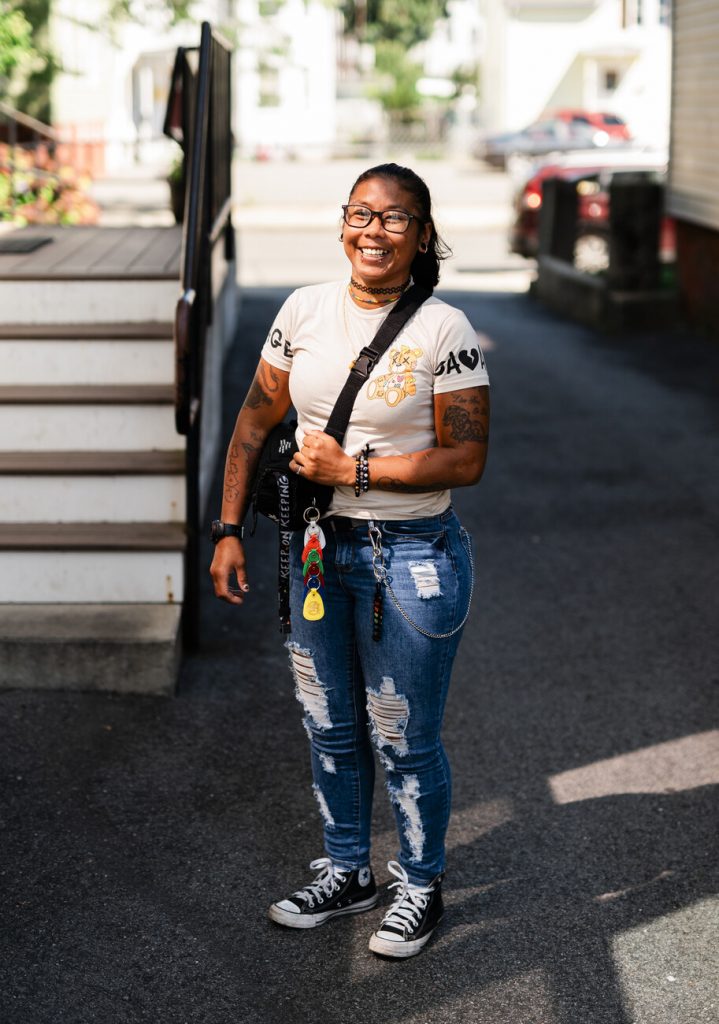LYNN — Jennifer Small is a single mother of three young children. She has been sober for almost two years.
Thavy Khov has spent the past six years in and out of detox programs and lost her mother in 2021. She has been sober for nine months.
Denise Rudnicki is a former accountant with six degrees who recently made a major career change, becoming a case manager. She has been sober for almost four years.
Small, Khov, and Rudnicki are all in recovery after using drugs and have completed the Bridgewell inpatient aftercare program on Johnson Street.
The Johnson Street Women’s Program is a six-month program that provides women in recovery with case management; individualized treatment planning; access to educational and vocational training; counseling for bereavement and trauma issues, parenting groups; and supported access to medical, mental-health, and psychiatric services.
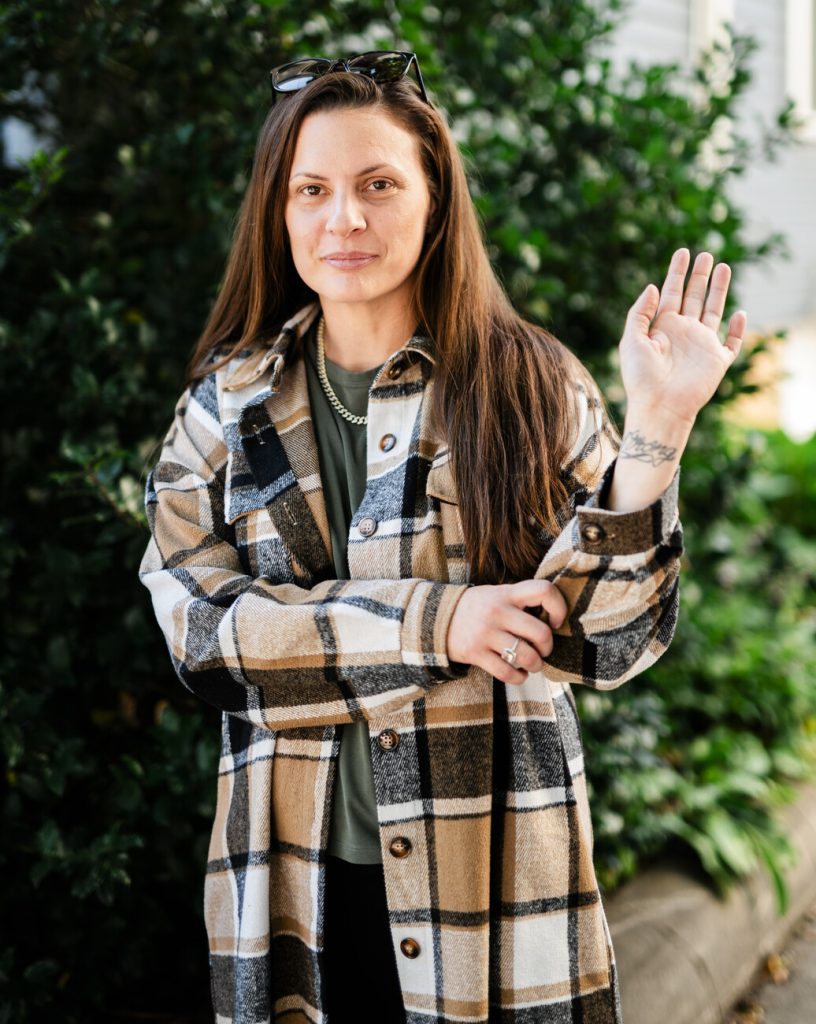
Small said she was separated from her children, who are now 3, 8, and 9 years old, after she went into labor with her third child.
She said while she was pregnant with her youngest child, she did not seek any prenatal care because she was too afraid the Department of Children and Families would take away her older children.
“I would just do just enough to kind of like survive,” she said.
When she went into labor, she said doctors knew right away that she was under the influence of drugs. She left the hospital without her baby and went into detox. She said during her time in the clinic, she did not feel human.
Small, who is from Amesbury, found the Johnson Street program because it was close to where her children would be staying in foster care. She had to take out a $400 retainer for a lawyer to fight to regain custody.
She said the people at the program saved her life.
“The place is so structured that you have to want it,” Small said. “And if you can’t see in that moment that you want it, they work with you.”
Ten and half months later, Small was finally reunited with her children.
“It was joy. It was happy tears,” she said.
She added that she had expected to be denied custody again.
Small picked them up after the first day of school, and she said she can still remember their faces of pure excitement when she told them they were coming home with her.
“I missed a lot in those 10 months,” she said. “I missed teeth falling out, I missed bedtime stories. I missed a lot.”
She said she is not afraid to tell her children where she was during her time in rehab and wants to own her time as a drug user.
“They know that, yes, mommy used drugs and mommy got everything ripped from her,” Small said. “So this is why you should never, ever look at drugs or alcohol ever.
“I’m loud about my recovery, because you never know who’s suffering in silence,” she added.
Now, Small wants to obtain a bachelor’s degree, build a career, and eventually move out of the Lotus House, where she lives with her family.
Khov said she grew up as the youngest of seven siblings with a single mother who suffered from substance-use disorder.
Her father died of liver cancer when she was in fifth grade and her brother died in a motorcycle accident in 2004.
“I blamed myself for him passing away and I never got to work on that,” she said.
Khov said she started drinking alcohol and smoking marijuana as a way to cope, and as she grew up, she started using cocaine during weekends. She eventually started using heroin and crack.
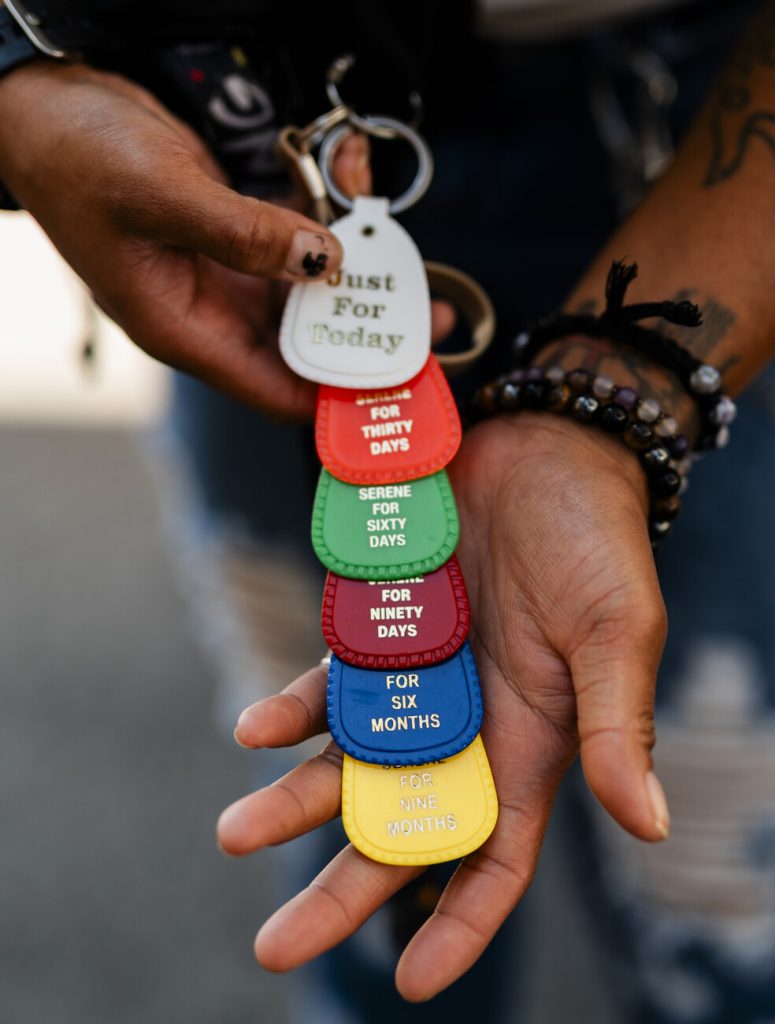
She said for six years, she was going “in and out of detox programs,” but would always relapse within a week. It was in 2023 when she decided she wanted to admit herself into an aftercare program, which she completed on Aug. 15.
Now, she will spend three months at Bridgewell’s graduate program, which is a voluntary program for those who complete the Johnson Street program to continue receiving guidance while living in a sober home.
She said she went into the program with the mindset she brought “from the streets,” and for a while fought with her case manager and other women in the program, which led her to want to quit.
She added that she now works at Dunkin’ on Market Street, just bought a longboard, and likes to cruise around the beach.
“I learned to enjoy my life now and not take it for granted, to be honest,” she said.
Khov said that in the graduate program, she feels good supporting her fellow women. For example, she will show support by going to court dates with them.
“It helps me out as much as it helps the other girl out,” she said.
She added she wants people to know that recovery is not easy, but there are a lot of programs in Massachusetts that are there to help.
“You definitely have to do it for yourself, and you have to want it,” she said.
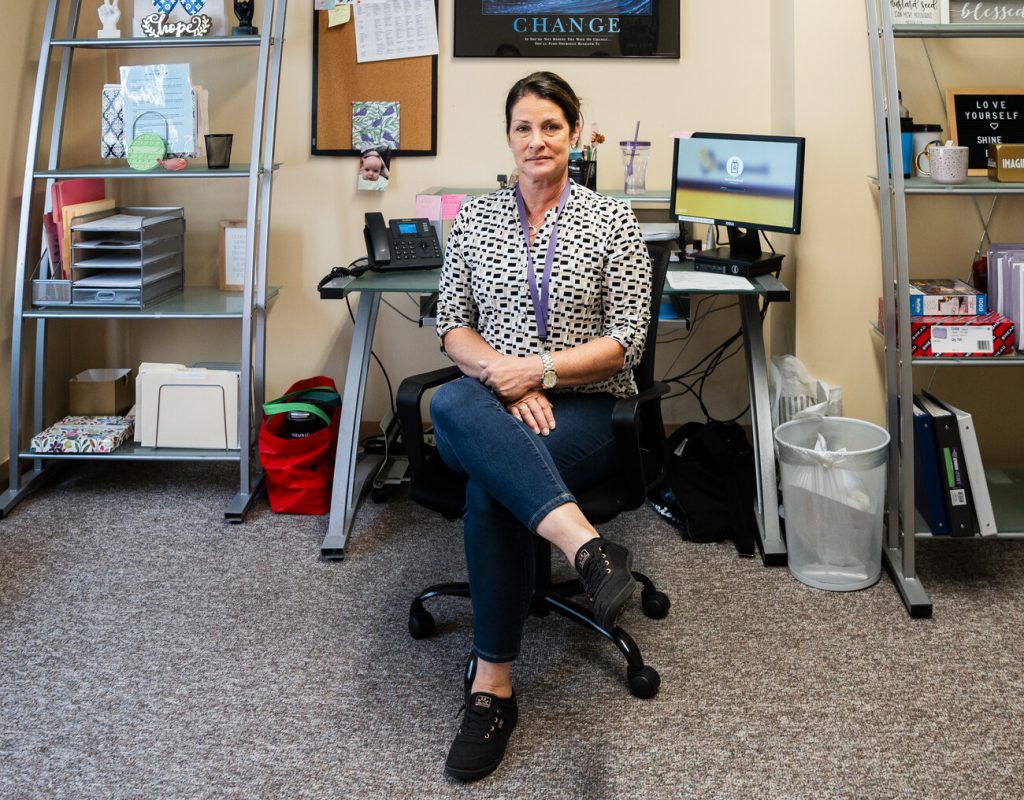
Rudnicki has worked at the Johnson Street house as a case manager for almost a year. She said she feels like she has finally found her passion.
She said she entered the Johnson Street program after years of using narcotics and running into trouble with the law a few times.
She said while she was in the program, her case manager helped her realize her internal struggles, adding that when she was using, she did not know who she was.
“If you asked me what my favorite color was in April 2021, I would have went blank and been like ‘black’ because it’s not a color,” Rudnicki said.
“I had never worked on myself enough to kind of break down and see what it was that led me to substances in the first place,” she added.
Previously, Rudnicki worked as an accountant, which she described as “monotonous.” Now, she said her goal as a case manager is to help women at Johnson Street find their passions, as she did while she was in the program.
Rudnicki is now working on earning a bachelor’s degree in substance-use counseling. She said she already has six degrees in other areas, but never found any of them useful in pursuing her purpose.
“You can go back to school at almost 50 years old and do what you were meant to do. You can learn your favorite color. You can realize that you like country music when you thought people like you hated it,” she said.

